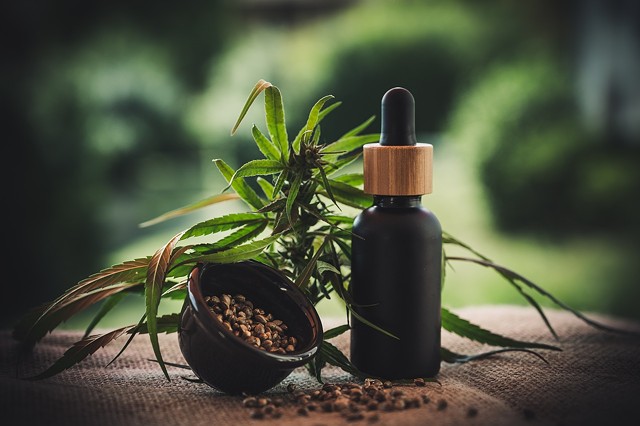The Rising Tide of CBD: Exploring the Boom, Challenges, and Future of the Market

The market for CBD (cannabidiol) has exploded in recent years as consumers learn about its potential wellness benefits. CBD, extracted from hemp and cannabis plants, is a non-psychoactive compound believed to relieve anxiety, pain, sleep problems, and other conditions.
In the early 2010s, CBD started gaining mainstream popularity as a health supplement. The 2018 U.S. Farm Bill then legalized hemp cultivation nationwide, allowing CBD to be sold in general retail stores and leading to an explosion of new products. The projected expansion of the global CBD market is anticipated to witness a significant rise, soaring from $2.8 billion in 2020 to a substantial $13.4 billion by the year 2028.
With CBD now widely available, consumers have more options than ever for experiencing its purported benefits. Leading vendors like Express Highs offer diverse product selections, including CBD oils, topicals, edibles, and pre-rolls. CBD oils remain the most popular product for a good reason – they are easy to dose and absorb under the tongue. Meanwhile, topicals provide targeted relief when applied to the skin, which is ideal for treating muscle soreness or arthritis. For consumers who dislike the taste of oils, edibles like gummies offer a tasty alternative. And pre-rolls allow for relaxation through hemp flowers that are high in CBD.
Competition in the CBD industry is also driving rapid innovation. CBD can now be infused into everything from beauty creams to pet treats to coffee and tea. Extract types like isolate, broad spectrum, and full spectrum cater to different preferences. Isolate contains pure CBD only, while the wide range includes other hemp compounds with the THC removed. The full spectrum has all the plant’s natural compounds, including a small percentage of THC. Additionally, nanotechnology and other advances allow for faster absorption and longer-lasting effects in the body.
Major retailers like Walgreens, CVS, and Kroger are getting in on the CBD boom by stocking top brands on their shelves. However, many consumers still prefer buying directly from trusted vendors specializing in CBD and other hemp-derived compounds. These companies can offer perks like subscriptions, rewards programs, and customer education not found in mainstream retail.
While the future looks bright for CBD, the nascent industry still faces challenges. Oversight remains lax in many places, leading to issues like mislabeling of potency or contaminants in products. Questions also remain about topics like ideal serving sizes and potential drug interactions. And the FDA still does not allow CBD companies to make direct health claims, limiting marketing capabilities.
As the CBD market matures, consumers expect more regulations and standardization of products. Reputable sellers like Express Highs will continue leading the way in providing quality CBD options through voluntary compliance and self-regulation. They prioritize third-party lab testing and responsible marketing practices until more explicit guidelines emerge.
The CBD boom appears poised to keep growing without slowing down. Its meteoric rise owes to relaxed legal restrictions and a surge in consumer interest. With the value of the global CBD market expected to be nearly quintuple within a decade, CBD is on pace to become one of the fastest-growing industries. While challenges remain for CBD companies, they can be overcome through responsible business practices and putting customer safety first. As more people experience CBD’s benefits, the budding hemp extract market will likely continue flourishing.






Responses